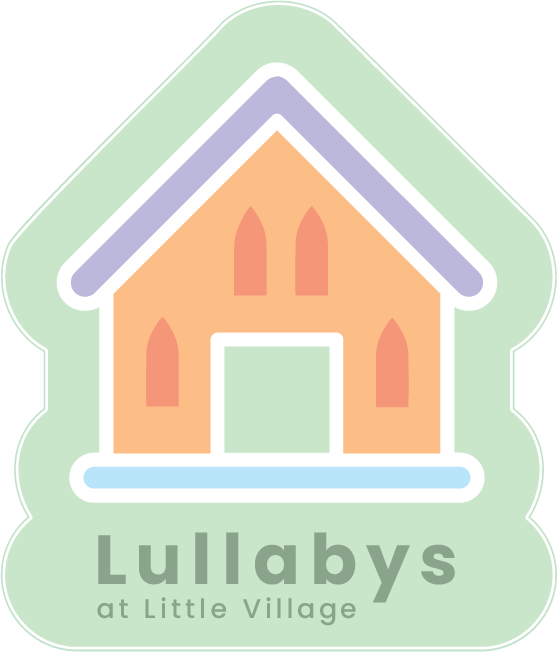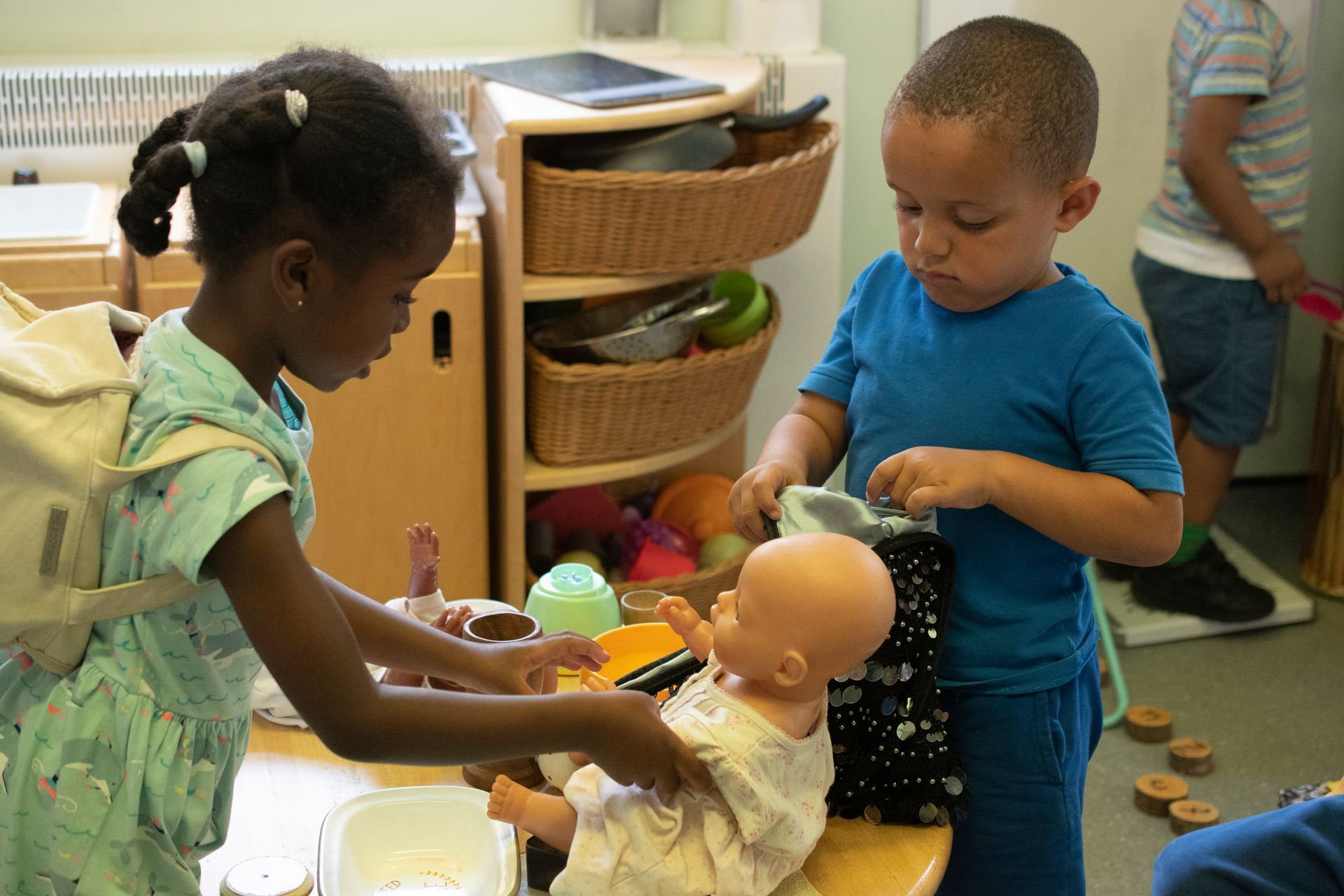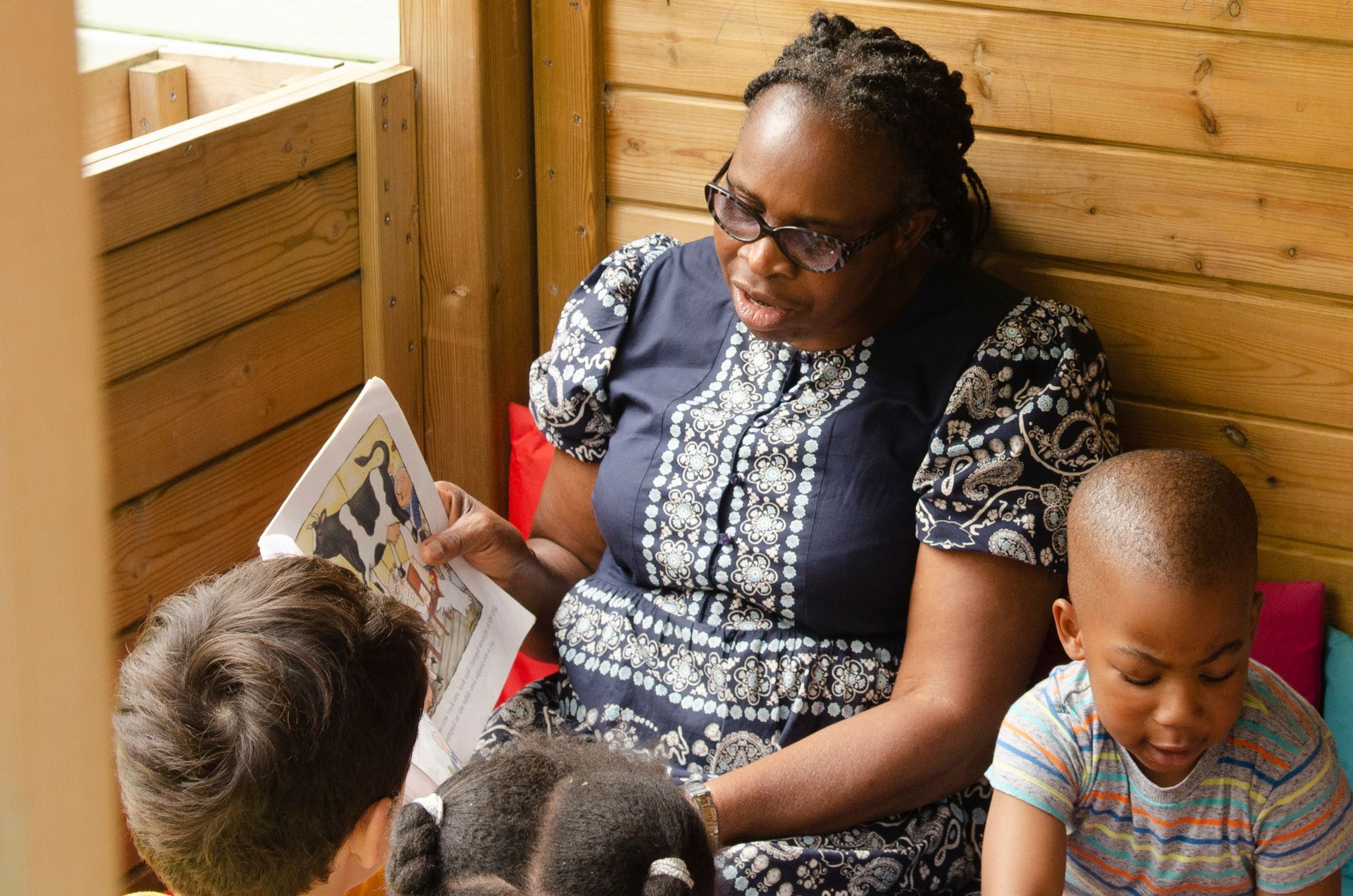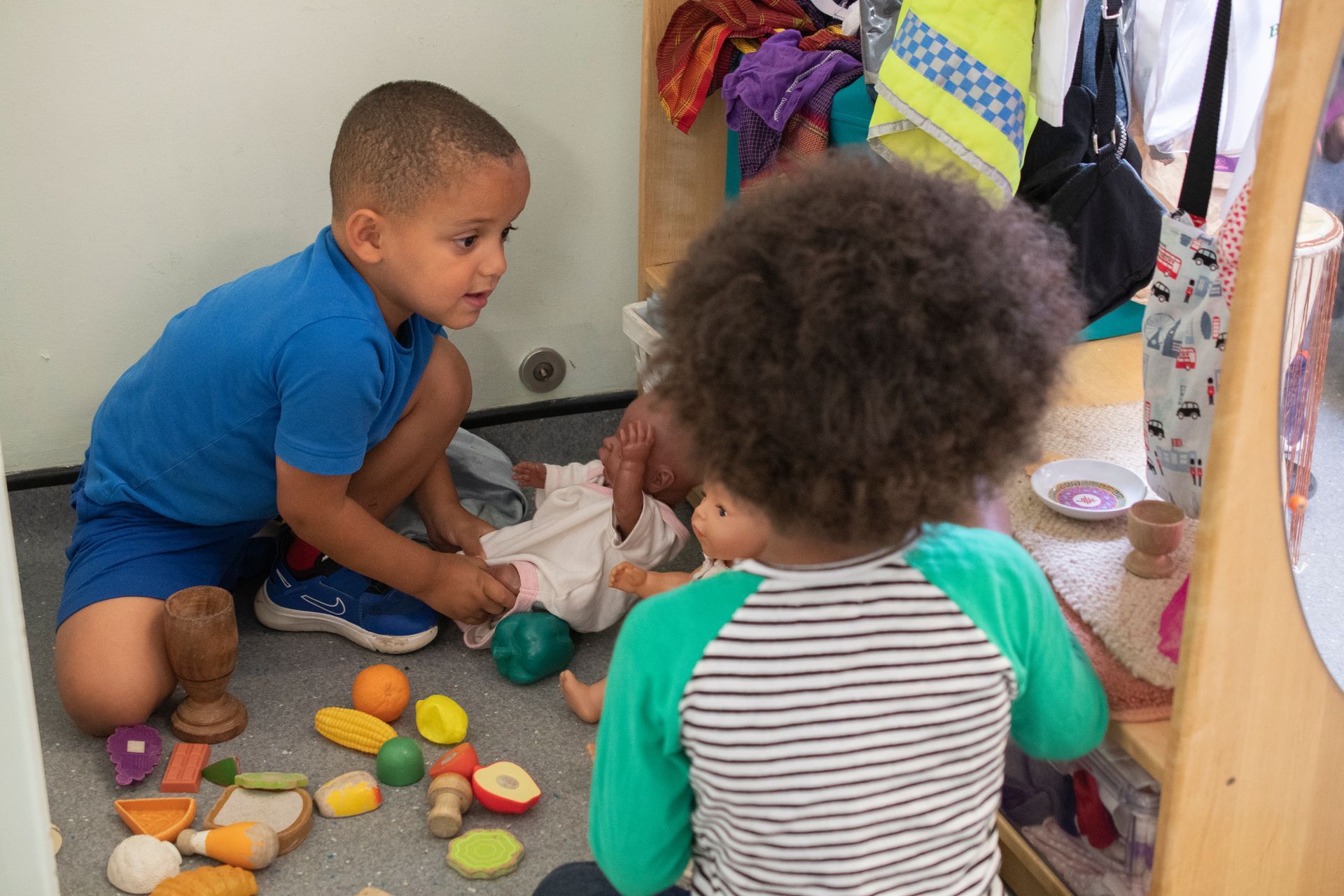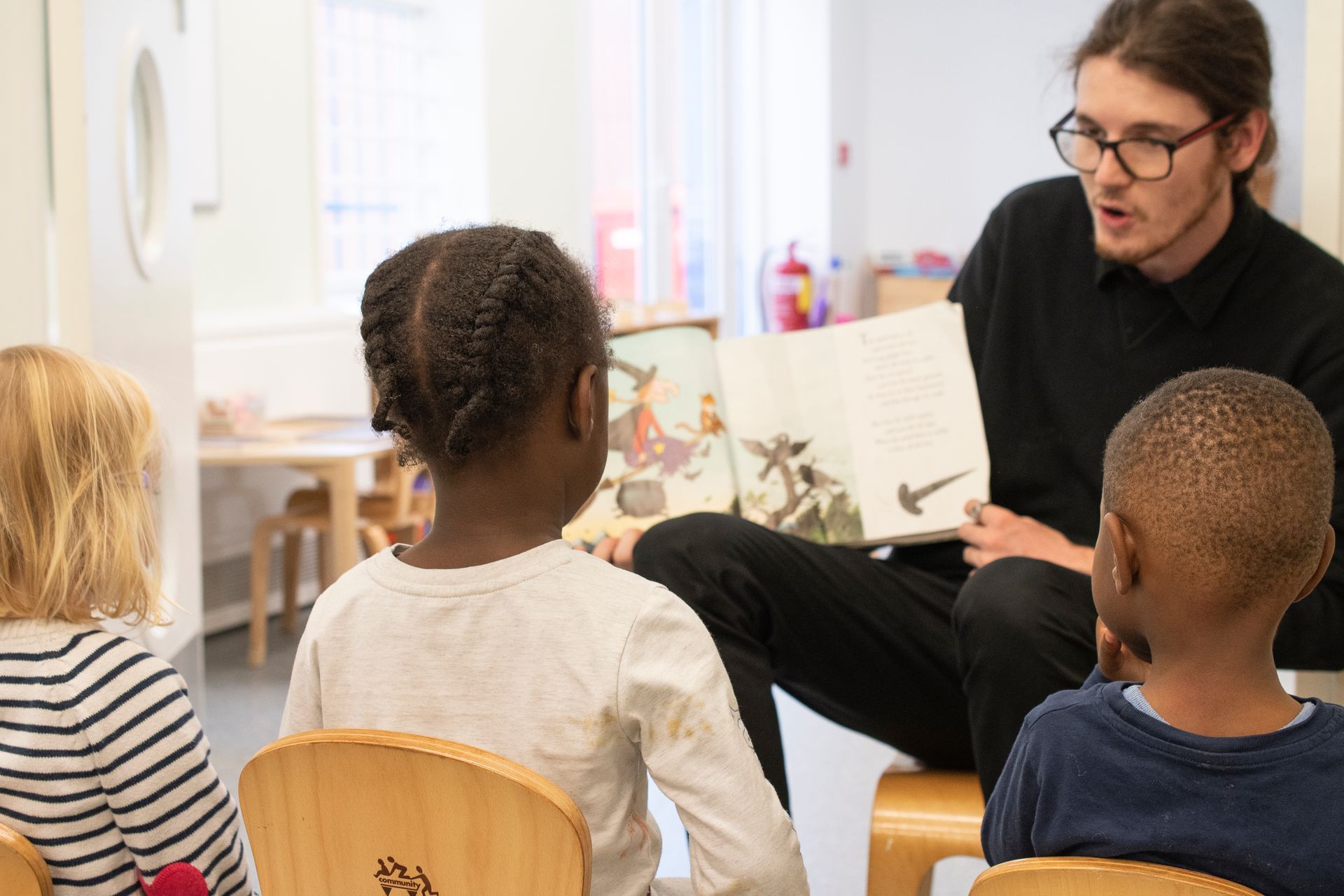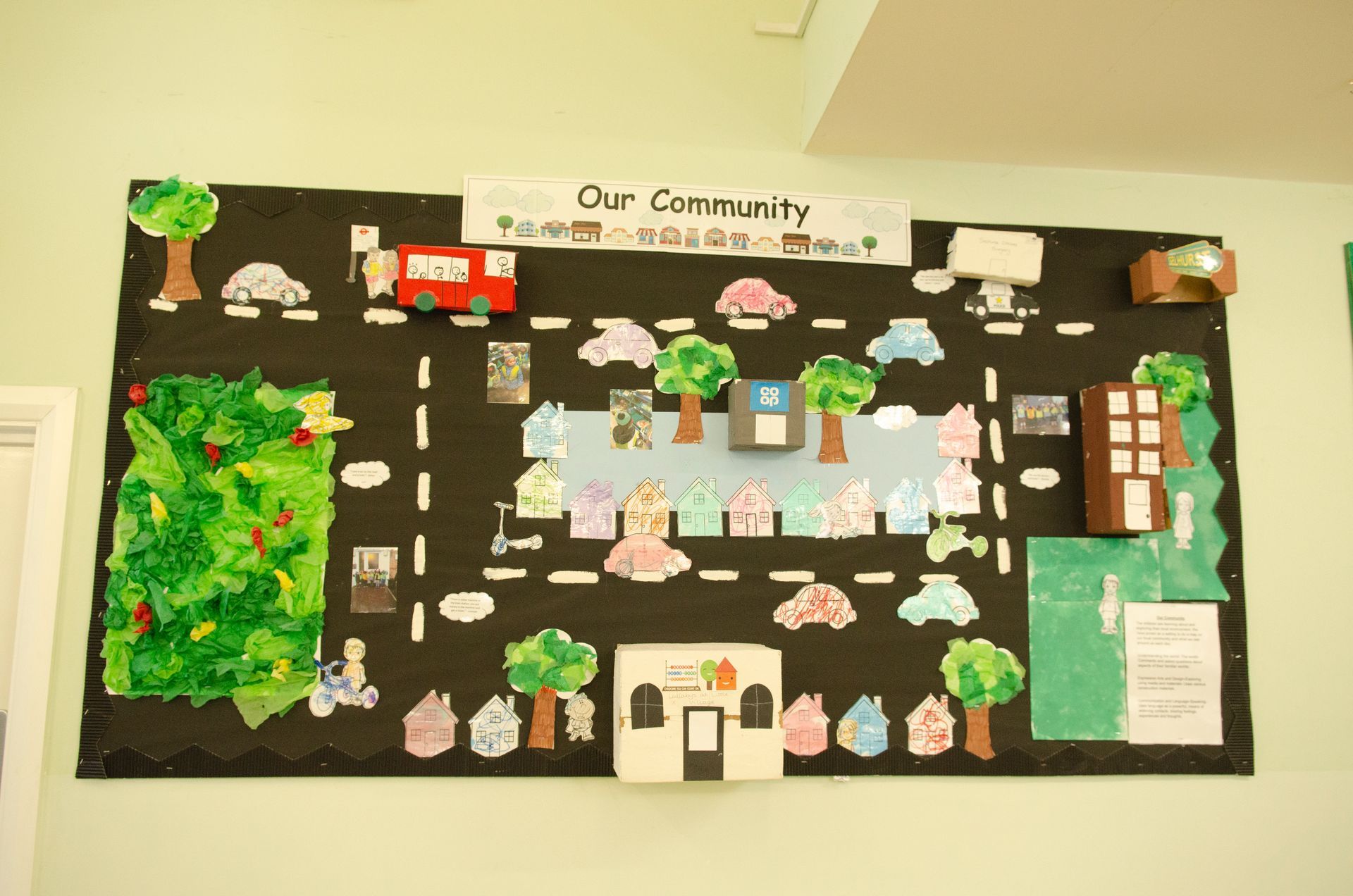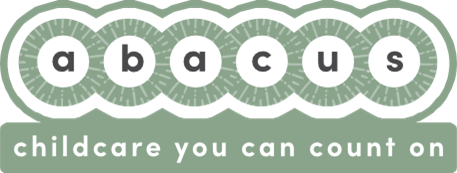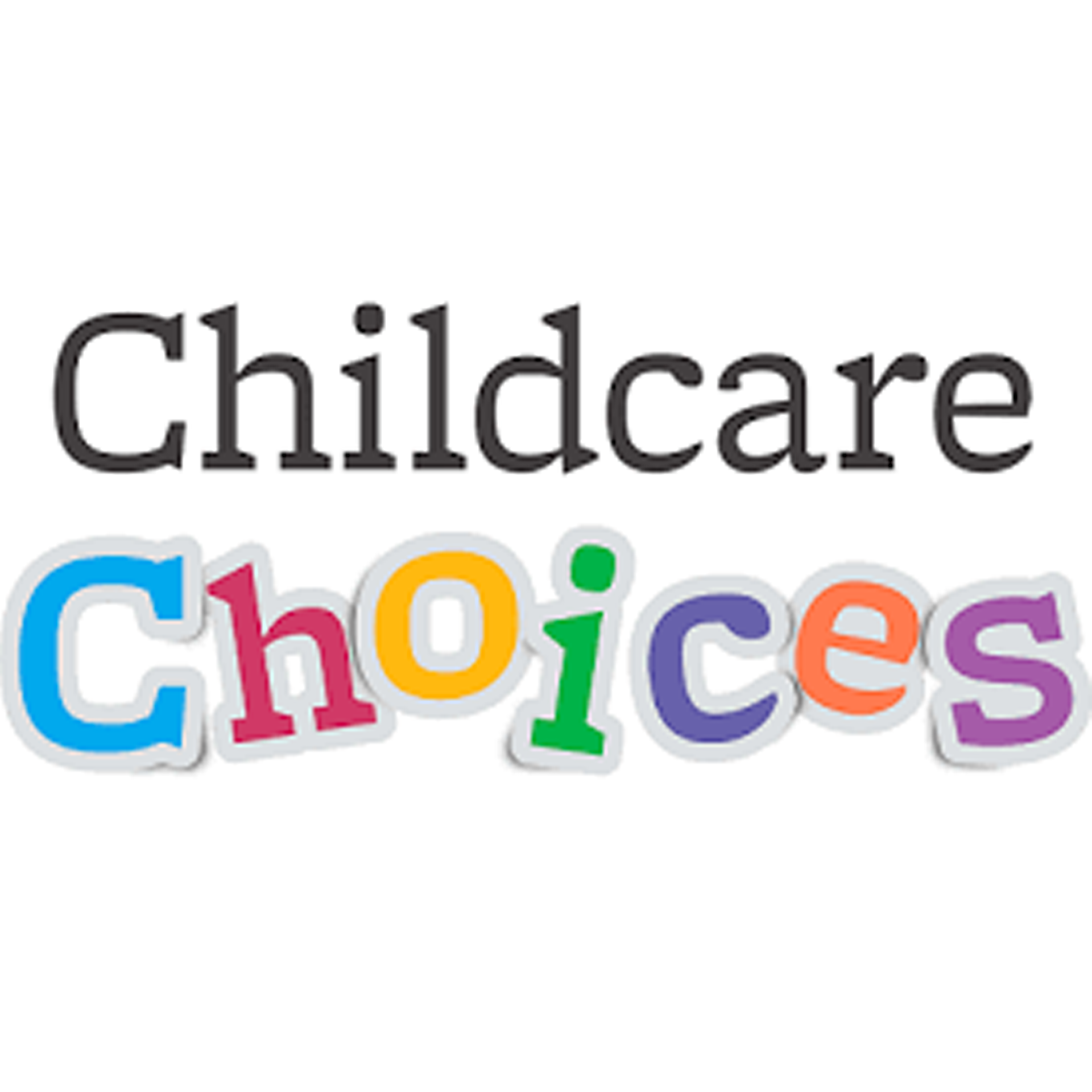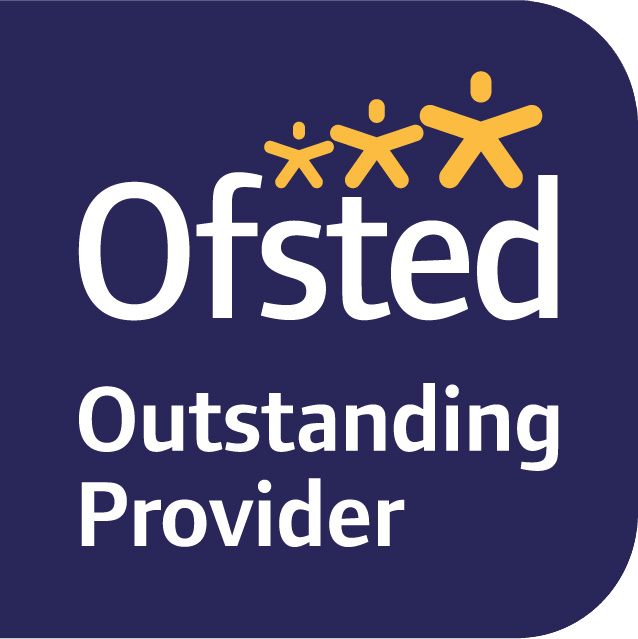Cultural Capital
What Is Cultural Capital?
Ofsted define ‘cultural capital’ as the ‘knowledge children need to prepare them for their future success’ and be ‘educated citizens’.
In the Early Years, this definition of cultural capital might mean things like knowing how a library works or having the opportunity to visit a museum. But it could also include less concrete advantages, like knowing how to apologise to others, or being good at taking turns.
In the context of early childhood development, cultural capital plays a significant role in shaping a child's cognitive, social, and emotional growth. It encompasses a range of factors, including language skills, knowledge of art, music, literature, and social norms, as well as access to cultural activities and resources.
During the early years of a child's life, cultural capital can have a profound impact on their development in several ways:
Language Development
Exposure to rich and varied language from an early age contributes to a child's vocabulary, communication skills, and cognitive abilities. Children from culturally enriched environments tend to have broader vocabularies and better language comprehension, which are crucial for academic success and social interaction.
Cognitive Development
Early exposure to literature, storytelling, and educational activities can stimulate a child's imagination, curiosity, and critical thinking skills. Cultural capital provides a foundation for cognitive growth and a broader understanding of the world.
Social Skills
Understanding social norms, etiquettes, and cultural practices helps children navigate social interactions more effectively. Cultural capital can provide a sense of belonging and confidence when interacting with others from similar cultural backgrounds.
Appreciation for Diversity
Exposure to diverse cultures and experiences through literature, art, and interactions can promote tolerance and empathy. Children with strong cultural capital are more likely to appreciate and respect different perspectives and backgrounds.
Educational Attainment
Cultural capital can influence a child's educational trajectory by providing them with a head start in terms of knowledge and skills. This can lead to better performance in school and increased opportunities for higher education.
Parents, caregivers, and educators play crucial roles in shaping a child's cultural capital. They can foster cultural capital by exposing children to a wide range of experiences, books, art, music, and cultural traditions. Encouraging curiosity, providing access to diverse learning materials, and engaging in discussions about various topics can all contribute to building a child's cultural capital.
This holds significance because not every child enjoys equal access to these experiences, knowledge, or assistance. Thus, our goal is to create a fairer and more equitable environment for all children by ensuring that these opportunities are accessible to everyone.
Come along and
VISIT OUR NURSERY
We will be thrilled to work with you and your child during their nursery years. Please come and visit us – we’d love to show you around.
